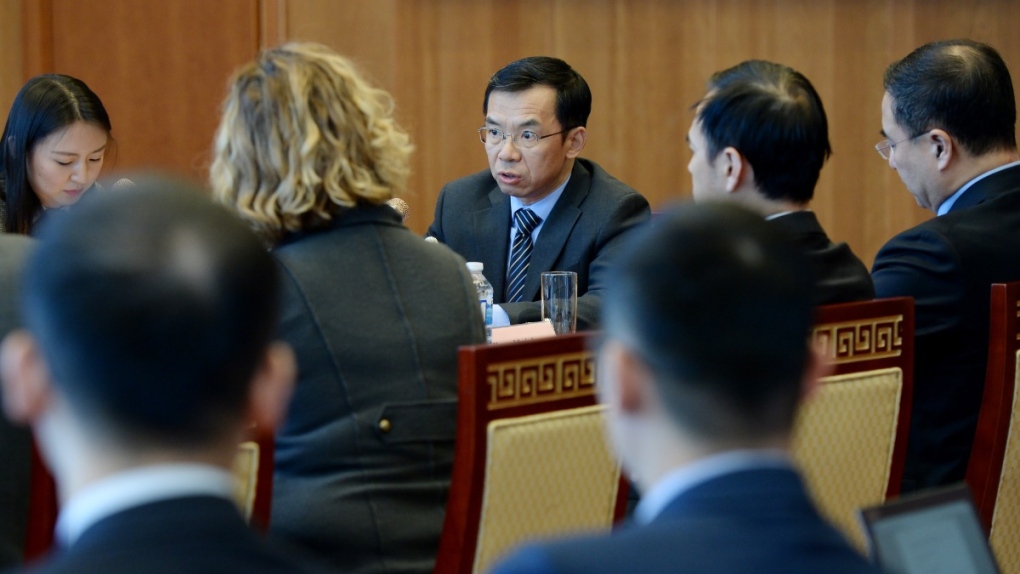
Chinese Ambassador to France, Lu Shaye, recently caused an uproar in Europe by stating that former Soviet Union republics, including Estonia, Latvia, and Lithuania, were not sovereign nations. This statement was quickly rejected by the governments of these countries, as well as other nations. In response, the Chinese Foreign Ministry stated that «China respects the sovereign status of the former Soviet countries after the dissolution of the Soviet Union.» While Beijing’s position is «consistent and clear,» there was no indication of whether Ambassador Lu’s comment was considered incorrect.
During a televised debate, Ambassador Lu drew a parallel between Ukraine and the other former Soviet republics that declared independence from Moscow when the Soviet Union broke up in 1991. He stated that there was no international agreement to «solidify their status as a sovereign country,» even though they declared independence. The Chinese Embassy in France later clarified that Lu’s remarks were not a political declaration but an expression of his personal view.
Russian President Vladimir Putin does not recognize Ukraine’s sovereignty and sees the independence of the Baltic States and their role in NATO and the European Union as threats to Russian security. The Chinese government sees Moscow as a partner in opposing U.S. domination of global affairs. Beijing declared it had a «no-limits friendship» with Moscow before its 2022 invasion of Ukraine but has tried to appear neutral, calling for a cease-fire and peace talks. However, governments including the United States say a cease-fire would legitimize Putin’s territorial gains.
In response to Ambassador Lu’s comments, Lithuanian Foreign Minister Gabrielius Landsbergis said on Twitter that it was clear why the Baltic states don’t trust China to «broker peace in Ukraine.» He stated that the ambassador’s argument that Crimea is Russian and the countries’ borders have no legal basis is not acceptable. The French Foreign Ministry also noted that governments, including China, recognized Ukraine’s borders, including Crimea, when it declared independence in 1991.